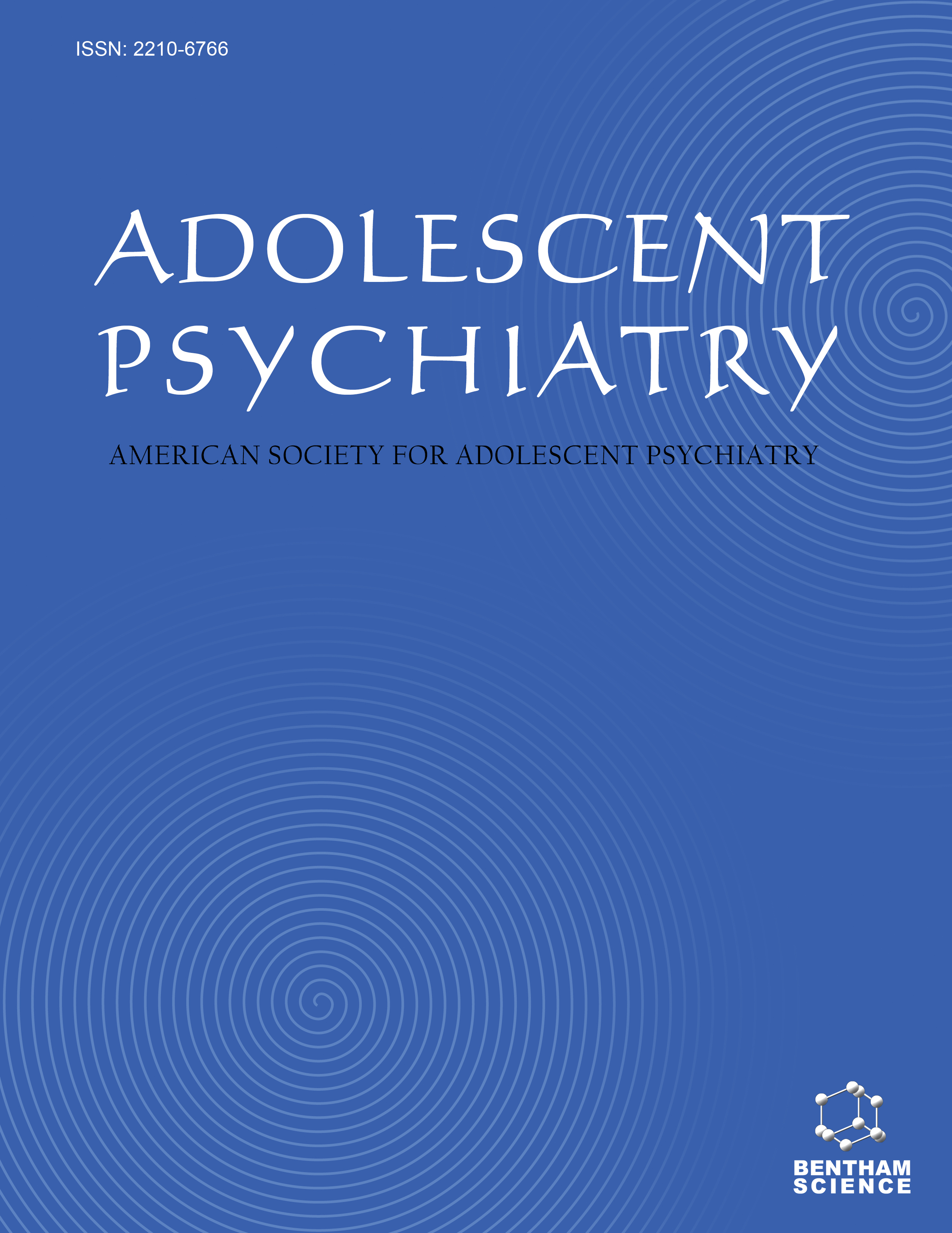-
s Retention and Treatment Outcome of Youth with Cannabis Use Disorder Referred By the Legal System
- Source: Adolescent Psychiatry, Volume 9, Issue 1, Apr 2019, p. 4 - 10
-
- 01 Apr 2019
Abstract
Background: Youth with Substance Use Disorders (SUDs) referred to treatment from the Juvenile Justice System (JJS) account for approximately half of the treatment admissions nationwide. The objective of this paper is to report a comparison of retention and outcomes for JJS referrals to those from the general community. Methods: A total of 172 adolescents, 13-18 years of age, 83% males, 70% JJS referrals, diagnosed with DSM-IV Cannabis Use Disorder (CUD), enrolled in this outpatient, randomized, continued care study. Following a 7-session weekly motivational enhancement and cognitive behavioral therapy intervention (MET/CBT-7), only poor responders were randomized into a 10-week second phase of either an individualized enhanced CBT or an Adolescent Community Reinforcement Approach (ACRA) intervention. Results: JJS referrals’ retention rates were significantly higher than those of non-JJS referrals (X2(1) = 11.21, p < .01) at the end of Phase I (i.e. week 7). However, there was no difference in abstinence rates between the groups at the end of phase I or II and any of the quarterly additional follow-up assessments up to one year from treatment onset. Conclusions: Additional research examining how to capitalize on improved retention rates among youth JJS referrals is necessary in order to advance abstinence.


